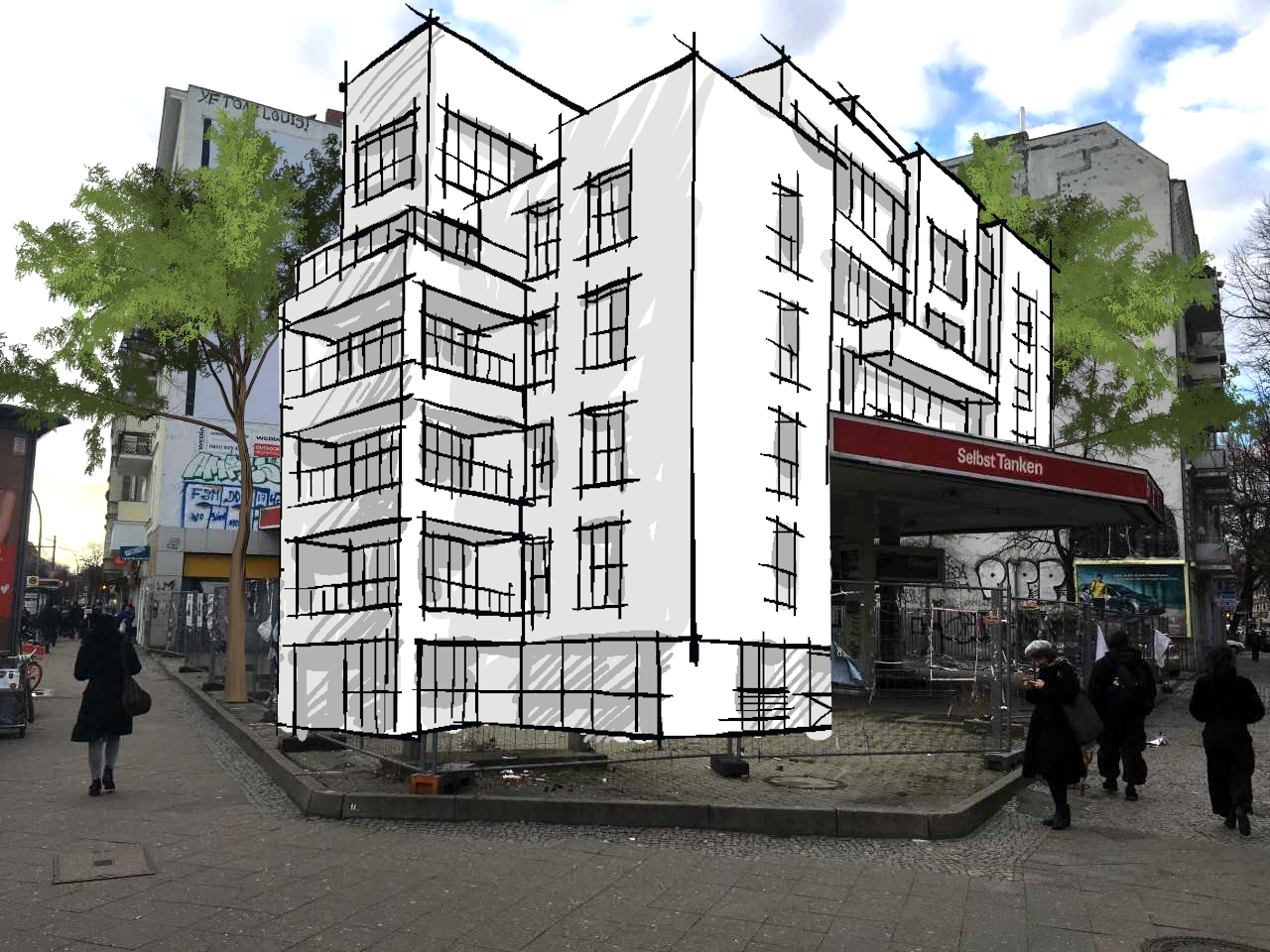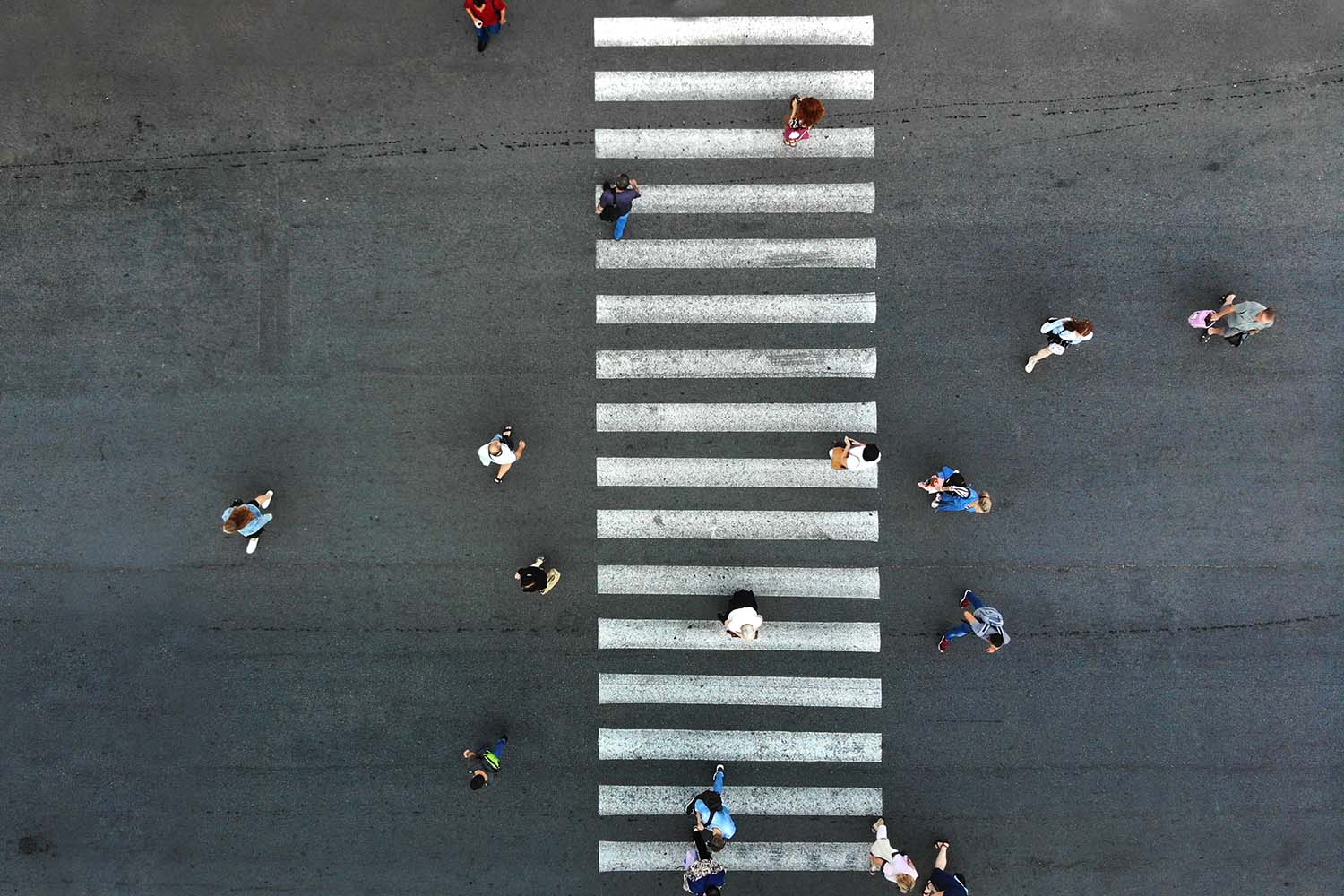The goal of this sub-project is to investigate Berlin’s mobility transition as a transformation process and thereby contribute to a basic scientific understanding of the social dynamics of sustainable mobility. Furthermore, new possibilities to shape a sustainable transport system are being developed using inter- and transdisciplinary research methods. The results of this sub-project will adapt the lessons and experiences of the Berlin transformation process in order to support other cities in their mobility transition.
Will the mobility transition make room for more apartments? What will the city look like after the mobility transition? When you walk eyes-open through our car-centred cities, you quickly notice how much public space automobile infrastructure occupies: gas stations, car washes, garages, car dealerships and rentals, car parks, and recycling facilities. In his project, Alexander Czeh documents all these areas and investigates how many of them will still be needed after the mobility transition and whether some can be repurposed for living, climate adaptation measures, or urban agriculture.
Street space is being reallocated in Berlin under a variety of mobility transition and climate adaptation measures. These include the conversion of parking lanes and travel lanes to protected bike lanes, unsealed and planted areas, and amenity spaces. Conflicts often arise in the context of this redistribution of public space. Katharina Götting is investigating the factors that influence the acceptance of spatial redistribution and the establishment of superblocks, with a particular focus on perceptions of fairness and equity framing.
Every year, people die in traffic. Marlene Sattler’s research plan explores the media discourse on people killed in urban traffic in the wake of the law during the development of Berlin’s mobility law. Discourse coalitions are identified, examined in the context of significant events such as quiet demonstrations remembering killed cyclists, and analysed by means of the institutional work concept. institutional work analysiert.
Social aspects are gaining increasing importance in the current discourses on the transport transition and appropriate measures for it. The focus is mainly on questions of distribution. However, following the concept of mobility justice and the just-transition literature, it becomes apparent that social aspects in the transport transition are much more. Thus, a socially just transport transition is also about a just design of procedures. Anke Kläver therefore examines the various aspects of a socially just transport transition. The focus is primarily on the interplay between distributional and procedural issues.
This sub-project experimentally examines how to improve the environmental quality of cities, create public spaces for residents, and enable healthy forms of mobility. In a real-world experiment, an intersection in the Berlin district of Charlottenburg is temporarily turned into a public square for the neighbourhood. Additionally, the transdisciplinary process of introducing a pedestrian zone in the district of Kreuzberg is analysed.







